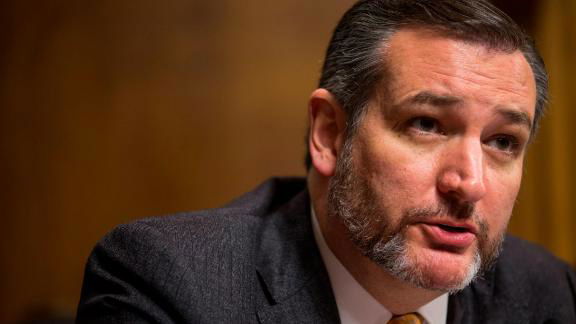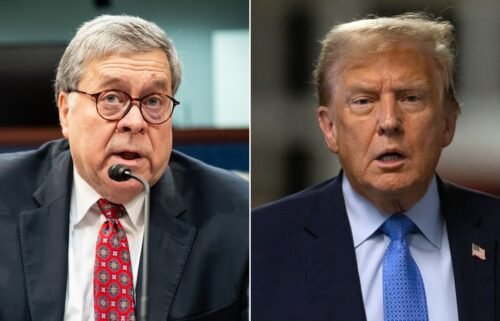Texas Sen. Ted Cruz: We’re a vote away from losing our fundamental liberties

Opinion written by U.S. Sen. Ted Cruz (R-Texas)…
When Justice Ruth Bader Ginsburg passed away on September 18th, she left a vacancy on the Supreme Court just 46 days before one of the most consequential presidential elections in our nation’s history. This past weekend, President Donald Trump nominated an eminently qualified judge — Amy Coney Barrett — to fill the vacancy left by Justice Ginsburg, and I believe the Senate will confirm her before Election Day.
Republicans in the Senate and President Trump rightly are taking action to fill Justice Ginsburg’s vacancy on the court — much to the consternation of Democrats, who were all for filling a Supreme Court vacancy when Justice Antonin Scalia passed away in February 2016. At the time, the Republican Senate wisely decided to follow a historical precedent and not confirm then-President Barack Obama’s Supreme Court nominee, Merrick Garland, in an election year.
So why is this time different?
Historically, when the president and the Senate are of the same political party, the president nominates and the Senate confirms Supreme Court justices in election years. When the president and the Senate are not of the same political party, the Senate hasn’t typically taken up the president’s Supreme Court nomination in an election year.
Republicans followed historical precedent in 2016 by declining to confirm Merrick Garland to the Supreme Court, and Republicans are likewise following historical precedent now by taking up President Trump’s Supreme Court nomination.
Further, in 2014 the American people voted for a Republican Senate to be a legislative check on the Obama-Biden administration. They felt the country was moving too far to the left, particularly the federal judiciary. The Senate’s role is to advise and consent on the president’s nominations. By not confirming Merrick Garland to the Supreme Court, we were doing the job the American people mandated us to do.
With the Supreme Court vacancy on the line, the 2016 election became in part a referendum on the type of nominee that should replace Justice Scalia. The vacancy became one of the important issues in the 2016 presidential campaign. For many Americans, myself included, it was the single most important reason we voted for Donald Trump over Hillary Clinton.
As I lay out in my new book, “One Vote Away — How a Single Supreme Court Seat Can Change History,” I agreed to endorse then-candidate Trump only when he agreed to a specified list of people he would consider nominating to be Justice Scalia’s replacement. He agreed to the list, and two weeks into his presidency President Trump nominated one of the 21 judges on the list, Judge Neil Gorsuch, to fill Justice Scalia’s seat.
The reason American voters picked Trump over Clinton, and the reason they ushered in a Senate majority in 2014 and 2016 and expanded that majority in 2018, is because the constitutional liberties fundamental to our democracy — free speech, religious liberty and the Second Amendment — hang in the balance of the court.
In my book, I make the case for why filling the vacancy left by Justice Ginsburg is so important. On so many issues, we are just one vote away from losing our liberties — such as religious liberty and our right to keep and bear arms — and seeing our country fundamentally changed.
I examine eight critical constitutional issues and landmark Supreme Court cases that every American should know about, such as Van Orden v. Perry, a landmark religious liberty case, District of Columbia v. Heller, which affirmed our Second Amendment right to keep and bear arms, and Gonzales v. Carhart, where the Supreme Court upheld the federal ban on the gruesome practice of partial-birth abortion. Most of the cases I write about in the book were decided by just one vote. Almost all of them I helped litigate, and I aim to explain what really happens at the Supreme Court when our constitutional rights are at stake.
And in a matter of weeks, the result of this presidential election could come down to the court. If the election results are challenged, a four-four court can’t decide anything. We need a full Court on Election Day, given the high likelihood we’re going to see litigation that goes to the court. We need a nine justice Supreme Court that can give a definitive answer for the country.
When it comes to our fundamental rights and contentious policy issues, we are one vote away from either upholding the Constitution and preserving our liberties or destroying them.
For ourselves and for posterity, we have a solemn obligation not to let that happen.



